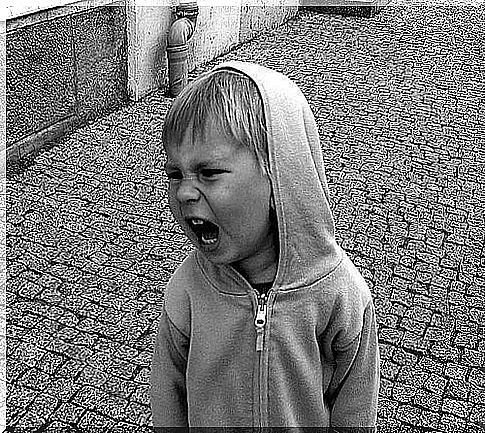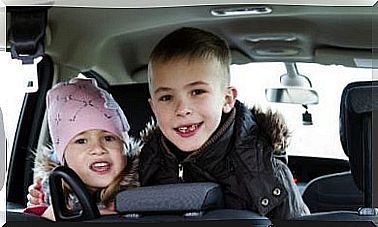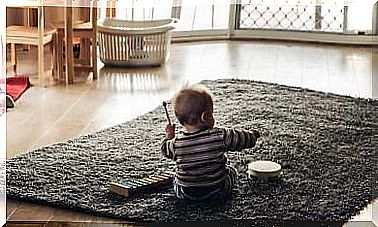5 Negative Emotions That Children Must Learn To Deal With

Parents can teach children how to identify their negative emotions and then be able to channel and deal with them. It is important for children to learn to control themselves and to be empathetic with others.
Emotional education is part of any child’s education. It is important to know what emotional intelligence is, how it can be assessed in children and how to educate their feelings and emotions to make them happier.
The negative emotions that you have to learn to deal with
1. Frustration
Your child needs to know how to handle frustration without needing to help him get out of it when he is faced with it. When your child has math problems or is having trouble making the bed, don’t do these homework for him.

The healthiest thing to do in these situations is to let him take a break, let him rest for a while and if you need to get out into the fresh air. When he has calmed down, encourage him to face and solve his problem again.
If you do not give your children the opportunity to solve their problems, there is a risk of developing a sense of addiction that will lead to these negative emotions worsening and the child will wait for others to solve his problems.
2. Wrath
Anger itself is not a negative emotion. Everyone decides what to do when faced with this emotion. Children need to learn healthy ways to manage this anger they feel.
They need to recognize that it’s not okay to hit something or someone when angry, and not to let off steam aggressively. You must desist from calming your child whenever he is annoyed. Teach him to calm down with deep breaths.
3. Disappointment
It is good that your children are disappointed at times. Remember that throughout their life they will have to face many moments of disappointment and it is good that they are able to understand and manage them.
Knowing how to deal with disappointment, when things don’t go their way, they won’t react as if their life depended on it. Indeed, they will be able to find the best way to continue on their path and achieve their goals.
4. Guilt
If your child apologizes to you every time they misbehave, they don’t experience guilt about their bad attitude. What matters is that your child can recognize that his behavior hurts other people and an apology cannot undo what has been done.

At the same time it won’t help to create a feeling of shame in him. A little guilt is good as it will help your child make changes and improve their behavior. Don’t say that everything is fine every time he apologizes, that way he won’t learn to deal with negative emotions related to guilt. This way he realizes that he doesn’t need to feel guilty every time he does something wrong.
A child who feels guilty every time he hurts someone’s feelings will think twice before repeating that behavior that hurts others. If, on the other hand, you force him to apologize and demand that he no longer behave in a certain way, he will not have learned his lesson.
5. Anxiety
It is not good for children to be constantly anxious. It is important for them to recognize what causes them so much anxiety. It is important to teach your children to face their fears when they are having happy times. An example is when the child is having fun in a place where he did not want to go before.
This way he will learn that his anxiety doesn’t have to limit him from doing things that you would like to do, and maybe in the end they are not done just to prevent your child from experiencing negative emotions.
Any negative emotion that the child experiences must be allowed to live and must not be limited to just protecting him.









